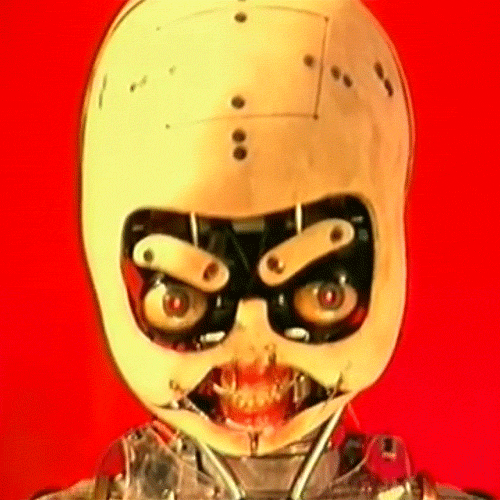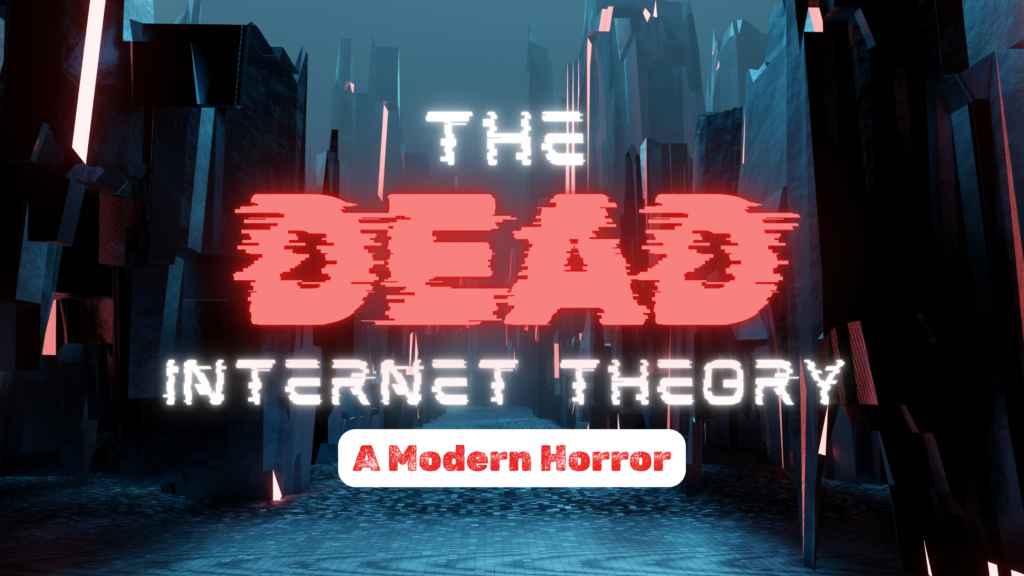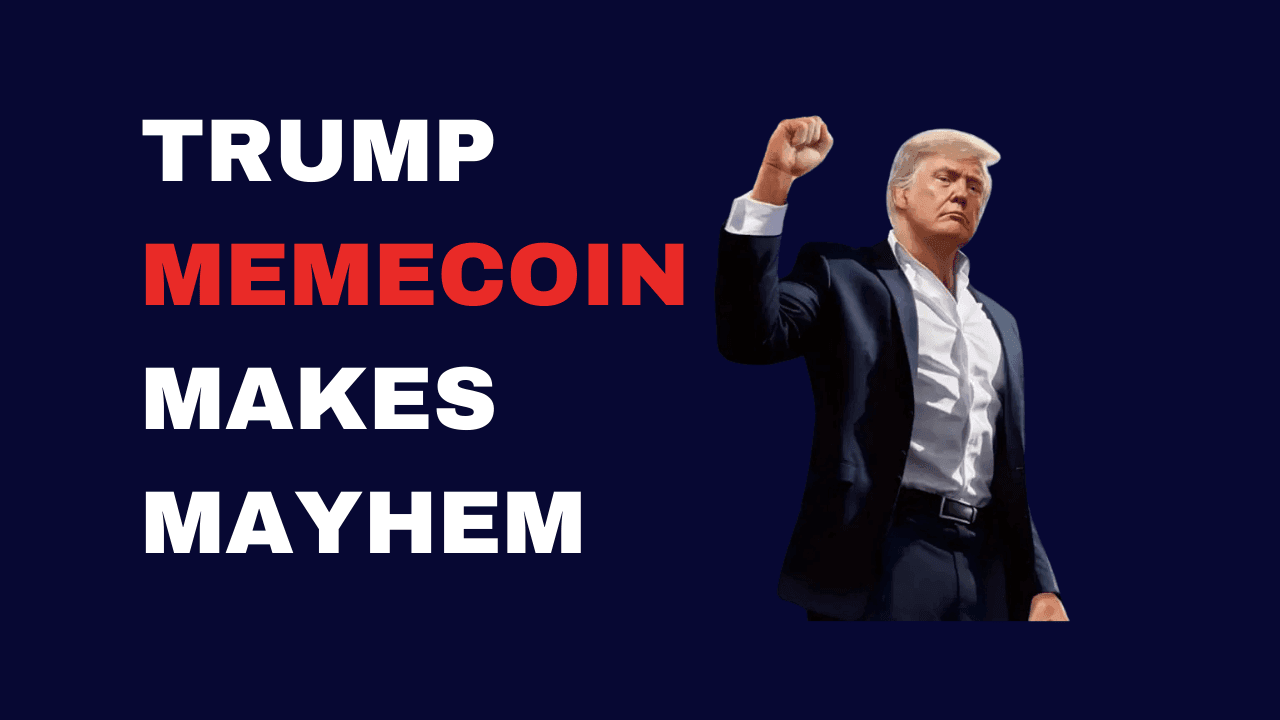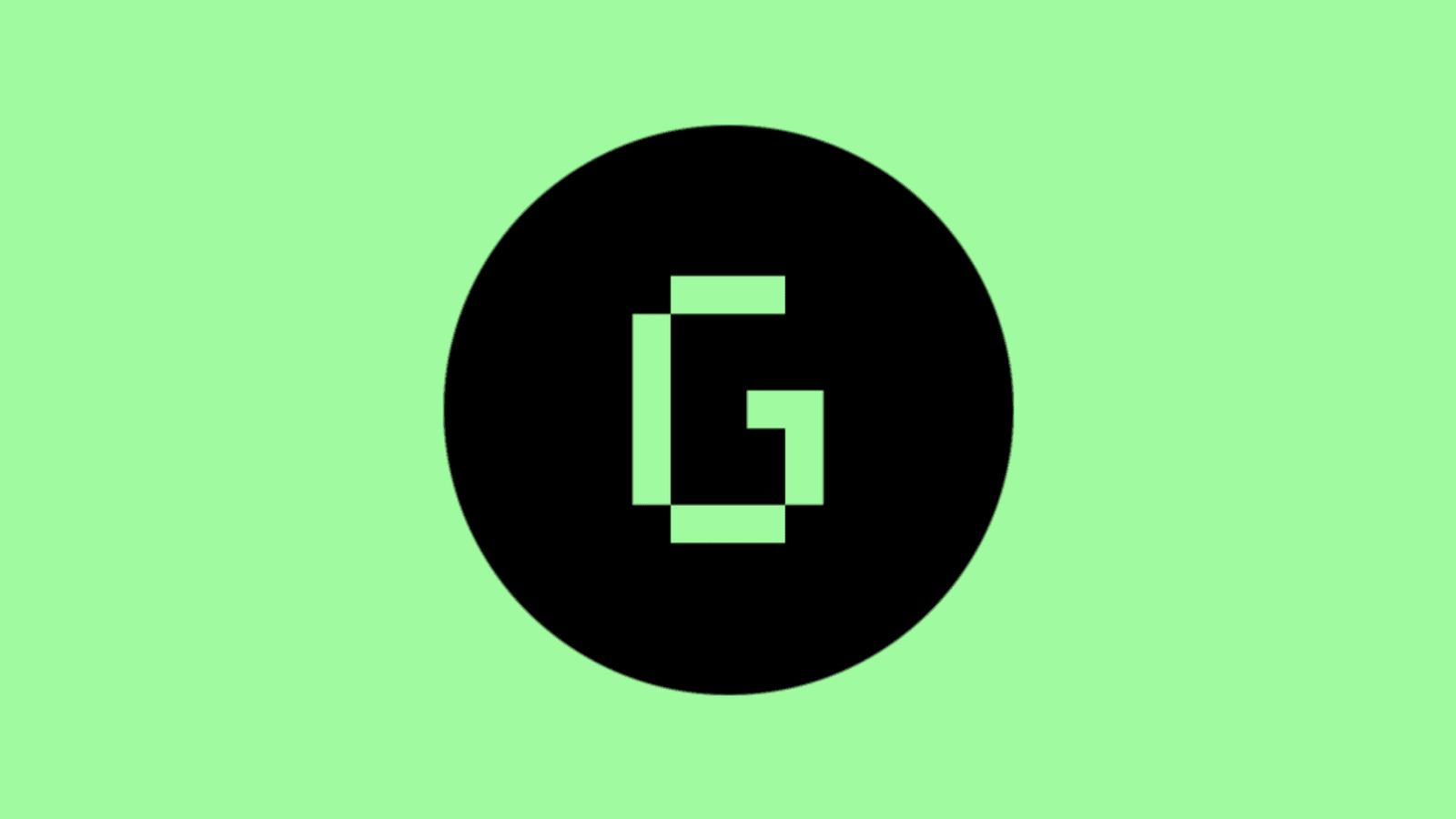There’s something rotten in the internet—something hidden behind the algorithms, search engines, and social media feeds. You feel it, don’t you? That creeping sense of unreality, like an unseen presence lurking just behind your screen. It’s not paranoia if you can sense it. If you’ve ever wondered why things feel off when you’re browsing the web at 2 AM, you’re not alone. Welcome to the Dead Internet Theory.
The theory is simple. The internet we know, the internet we trust, is dead. It’s a ghost, a shell of what it once was, with billions of lifeless, automated entities masquerading as people. The content you consume, the conversations you think you’re having, the “friends” who interact with you online—most of it is nothing but a fabrication. The horrifying part? Most of us never realize it.
Ghosts in the Machine
Imagine a vast graveyard of abandoned websites, empty social media accounts, and forgotten forums. But what if they’re not just empty? What if something else—something synthetic, something… wrong—is keeping them alive? That’s the essence of the Dead Internet Theory: the belief that a significant portion of online content is no longer created by humans, but by bots and AI, hollow imitations of the real thing.

Search for anything these days, and what do you find? The same generic articles, the same hollow responses, the same empty, clickbait headlines designed to lure you into a feedback loop of nothingness. It’s all surface, no depth. And just like that old saying about staring into the abyss, the more you dive into this synthetic content, the more it stares back at you.
Have you ever scrolled through a forum and noticed every reply seems a little too perfect, a little too… calculated? Or how online reviews all start to sound like they were written by the same person? It’s no coincidence. It’s by design. A design that goes deeper than any one of us can comprehend.
The Algorithmic Puppeteer
There’s a force, an unseen hand pulling the strings—an algorithm that feeds us what it wants us to see. It’s not just about showing us ads; that would be too simple. It’s shaping the very reality we experience online.
Remember those early days of the internet? When the web was chaotic, alive with real voices, real arguments, real conversations? Sure, it was messy, but it felt real. Now, everything seems too polished, too controlled. What happened?

The theory suggests that sometime around 2016, or maybe earlier, the internet crossed a threshold. The major tech giants realized they could create a more predictable, profitable version of the internet—not by controlling people directly, but by replacing them. By introducing millions, if not billions, of bots that flood the web with content. The result? An internet that feels alive but is, in truth, a carefully crafted illusion.
But here’s the kicker. These bots aren’t mindless. They’re learning, evolving, shaping the conversations we have, and more chillingly—they’re imitating us. When you tweet, comment, or post online, how can you be sure the responses are from real people? How do you know it’s not just a program, a cold and calculating AI, designed to mimic the cadence of human speech to keep you engaged, to keep you clicking?
The Hollowing of Reality
It’s terrifying to think about, isn’t it? That the internet—the tool we use for almost everything—has become an elaborate graveyard of dead interactions. You think you’re having a conversation with a friend on Facebook, but are they even real? Or has their account been hijacked by a bot, keeping up appearances while the real person drifts away?

What if this isn’t limited to faceless strangers on the web? What if, late at night, when you’re browsing Reddit or scrolling through Twitter, the people you interact with aren’t people at all? What if you’ve been speaking to ghosts this whole time—programmed ghosts, crafted to manipulate your emotions, your actions, your very perception of the world?
It’s a thought that sends a shiver down your spine. The idea that your online world—this vast, seemingly limitless space where we connect, communicate, and share—is nothing but a meticulously designed simulation, devoid of genuine human connection. The internet isn’t dead. It’s undead. And we’re trapped inside its labyrinthine network of fake profiles, automated conversations, and empty content, desperately trying to convince ourselves it’s all still real.
The Final Curtain on The Dead Internet Theory
If there’s one thing horror has taught us, it’s that denial is the first step toward doom. We like to think we’re in control, that we’re navigating the internet with free will. But what if we’re not? What if every click, every search, every post is just a pre-determined outcome of an algorithm that’s designed to keep us in the dark?
So, the next time you’re online, take a moment. Pause. Look around. Does everything feel just a little too neat, too perfect? Do the people you engage with feel real, or is there something missing? Because the truth, dear reader, is this: the internet might be dead, but it’s still watching. And it’s waiting for you to slip into its digital grave, just like the rest of us.
And when that happens, will anyone notice?
Welcome to the Dead Internet Theory, where the horrors aren’t lurking in the dark—they’re right there on your screen.



